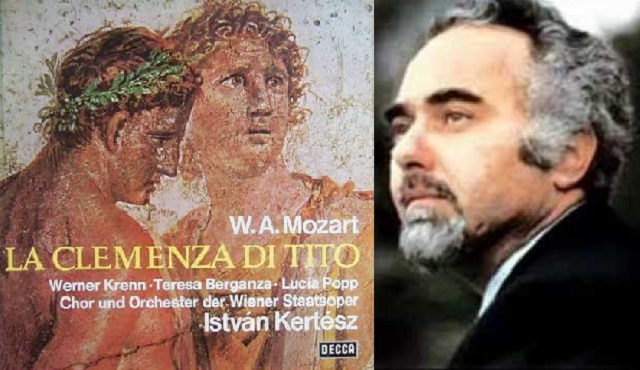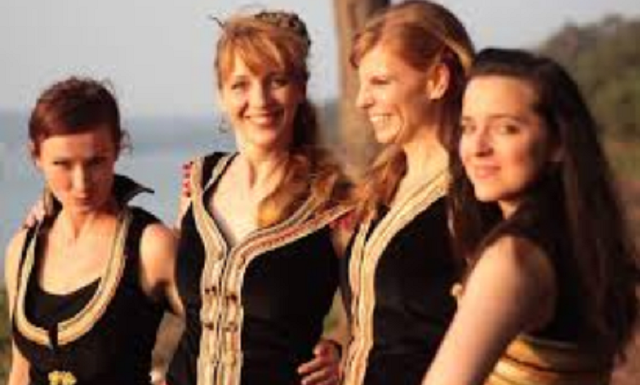HOMENAJE - En estos días se recuerdan los 80 años desde el fusilamiento del genial, universal e inmortal poeta español Federico García Lorca. En 1998, cuando se cumplían 100 años de su nacimiento, su sobrina Laura García Lorca invitó al pianista, cantante y escritor estadounidense Ben Sidran a sumarse al homenaje y tocar en el piano del propio Lorca. Le acompañaron en la empresa su hijo y baterista madrileño Leo Sidran, Bobby Martinez en saxo y Manuel Calleja en contrabajo. Esta es una parte de los textos recitados/cantados por Sidran (en inglés, con inclusiones en español):
You know the story, sixty-two years ago, only days before he was arrested, they came to this house—esta casa ante sus ojos. They were searching for Federico Garcia lorca. And you know, they took this piano, this piano, they tore off its legs…they tore off its arms…they tried to pluck out its arms.
Ah, but you see this piano still sings.
They were searching for a radio transmitter they thought he had hidden inside this piano. It’s true. This piano. They thought he was using it to communicate with the communists in Russia. They were so stupid: he was not using it to communicate with the Russians. He was communicating with the Cubans, with the Americans, with the French, with the British, with the Japanese, with the Chinese, with people all over the world. And he did not need a radio transmitter. He had his art.
A few days later, they took him to an olive grove near Fuente Grande. The Arabs called it “The Fountain of Tears;” they built the aqueduct to carry the water down to Granada, right here to esta casa ante sus ojos. Nearby this pool, this fountain of tears, he was assassinated, just before sunrise, sixty-two years ago. He was left there, in a shallow grave, and he returned to the earth and to the water. The water he loved, the water he feared. “Agua que no desemboca” (the water with no way out).
He left life as he lived life—on the rim of the well. It was on the rim of the well where he battled, hand to hand, with the duende. The duende, as he wrote in his great essay…the duende which only appears when there is the possibility of death. He said he “fought a duel to the death with his heart…to free it from the impossible passion which destroys…and to construct the truly alive, wide awake poem, where beauty and horror, the ineffable and the repugnant, exist side by side…”
“The duende,” he said, “squeezes the lemons of death.” That’s beautiful. The lemons of death. I once asked Miles Davis about the “pretty notes” he played. Miles Davis said, “pretty notes…it’s just like putting lemons on fish…”
The duende, of course, is at his most impressive in the bullring. Lorca said, “the torero bitten by duende gives a lesson in Pythagorean music.” And he also said that the death of his friend, the torero Ignacio Sanchez, was “an apprenticeship for his own death.” And it was; Garcia Lorca, too, was killed by the bull. By the bull of ignorance, the bull of intolerance, the bull of ambition, that great bull that stalked this place sixty-two years ago. Like Ignacio, he was gored by the bull even while his friends begged him to leave the corrida.
Lorca said, “A dead man in Spain is more alive as a dead man than anyplace else in the world…” And it’s true. In Spain, one is not truly living unless one is truly dying. It is part of what the great philosopher Miguel de Unamuno called “The Tragic Sense of Life.”
You know this. Unamuno wrote, “To act in such a way as to make our annihilation an injustice, in suc

ÓPERA JUDAICA - Seguimos con el ciclo dedicado al director Istvan Kertesz, con la grabación de “La clemencia de Tito”, una ópera seria en...

DE ACTUALIDAD - Roni Kripper se define como un emprendedor creativo. Aunque reside en Boston (EE.UU.), es hijo de un rabino masortí argentino (Daniel...

MÚSICA SEFARDÍ - El cuarteto femenino checo BraAgas se formó en 2007, con Kateřina Göttlichová, Alžběta Josefy, Michala Hrbková y Karla Braunová, buscando su...